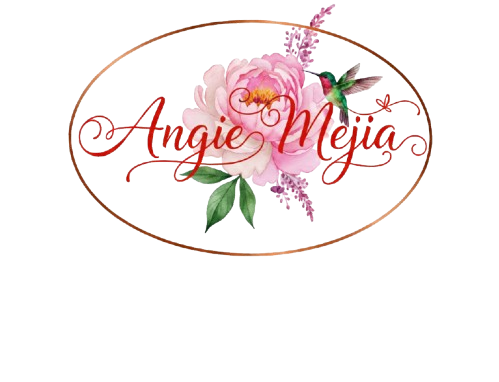About Me
Hey there! I’m Angie Mejia, Assistant Professor and Civic Engagement Scholar in the Center of Learning Innovation at the University of Minnesota – Rochester.
I specialize in crafting innovative marketing campaigns that resonate with audiences and drive tangible results. I have a knack for blending creativity with strategic thinking.
I situate my research in conversation with sociological works that focus on the intersectionality of emotions, examine social processes of racialization in/of space and place, and foreground a feminist and critical sociology approach to the study of health. This conversation is enriched by theoretical and methodological insights from affect and cultural studies, U.S. Women of Color (WOC) and transnational feminisms. Further, my approach to research design, methods, and data analysis and dissemination are influenced by my position as a Latinx woman that theorizes and honors conocimientos (knowledge) that emerges from WOC experiential knowledge, and whose research is rooted in Chicanx/Latinx feminist epistemology and praxis.
As a former community organizer and promotora de salud (health promoter), I am also committed to educating the public on mental health issues among U.S. racial/ethnic minoritized people. To date, my findings have been the basis for creating workshops geared to mental health professionals who work with U.S. Latinxs. I have collaborated with Latinx health promoters in creating and delivering workshops that educate clinicians on minorities’ adherence to mental health therapy and other related issues.
